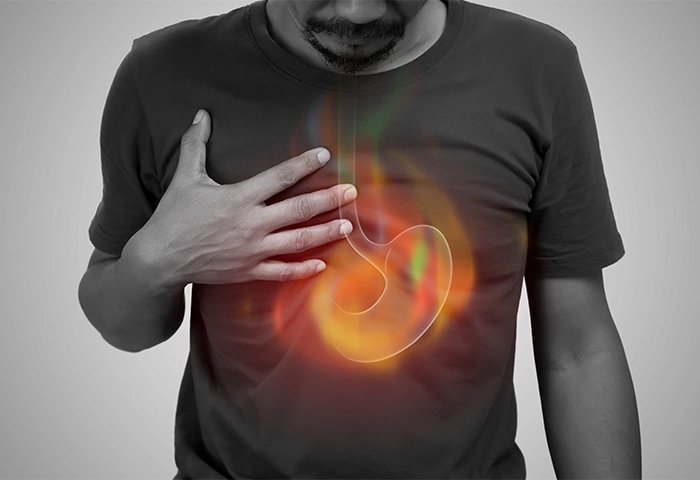
18 June 2025
Heartburn is a common discomfort—often described as a burning sensation behind the breastbone—that many people experience occasionally, especially after a heavy meal or lying down too soon after eating. For most, it’s simply a temporary nuisance. But in some cases, persistent or worsening heartburn could point to something more than just acid reflux.
Understanding when to take symptoms seriously can help you make informed decisions about your digestive health—without panic or self-diagnosis.
Heartburn occurs when stomach acid flows back into the esophagus (the food pipe), irritating its lining. This backward flow is called acid reflux. Occasional reflux is normal, but frequent episodes may be a sign of a condition known as Gastroesophageal Reflux Disease (GERD).
While heartburn is often harmless, there are a few signs that may suggest it’s time to look deeper:
If you find yourself reaching for antacids or acid blockers more than a couple of times a week, it may be a sign of ongoing acid exposure in your esophagus. Persistent reflux can cause inflammation and should be evaluated for proper management.
Feeling like food is getting “stuck” in your chest or throat, or having trouble swallowing, may indicate irritation, narrowing, or motility issues in the esophagus that require medical attention.
Heartburn usually feels like a burning sensation, but if you’re experiencing pressure, tightness, or a squeezing feeling—especially if it’s triggered by physical activity—it’s important to rule out other causes unrelated to digestion.
Not all reflux causes classic heartburn. Some people experience silent reflux, where acid irritates the throat, voice box, or even lungs. Symptoms might include a persistent cough, sore throat, or voice changes.
If heartburn or regurgitation keeps you awake at night, especially when lying flat, it may be a sign of more severe reflux that needs dietary or lifestyle changes, and sometimes medical intervention.
While these symptoms can stem from various causes, persistent nausea or unintentional weight loss shouldn’t be ignored, particularly when combined with digestive discomfort.
If you’re noticing any of the above signs, it’s worth having a calm conversation with a healthcare provider. Often, lifestyle changes—like adjusting meal timing, avoiding trigger foods, maintaining a healthy weight, or sleeping with the head elevated—can make a significant difference.
In some cases, tests like an upper endoscopy or pH monitoring may be recommended to better understand the condition and guide treatment.
Occasional heartburn is normal and manageable for most people. But when symptoms become frequent, interfere with daily life, or seem unusual, it’s best to approach them thoughtfully—not fearfully. Being aware and informed helps you take timely steps to protect your digestive health and overall well-being.